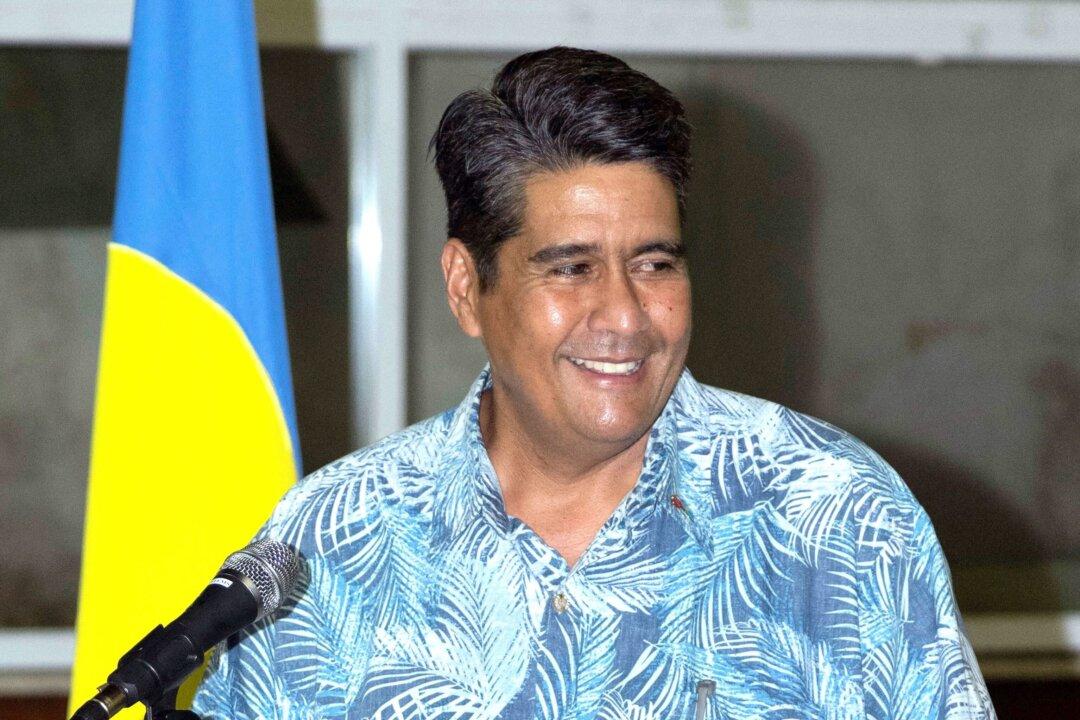Pacific island nations have made the right decision by withdrawing from China’s proposed regional economic and security deal, Palau’s President Surangel Whipps Jr. said on Monday, pushing back on Beijing’s plans in the region.
“I think it’s always been about what is the true intent in stepping up, especially when it came to security. Why is there such an interest in security? I mean economic development, that’s important, but what is the reason for security?” Whipps said in an interview with Australia’s ABC Radio National the day after Beijing failed to get 10 Pacific nations to sign on to its China-Pacific Islands Free Trade Area.





